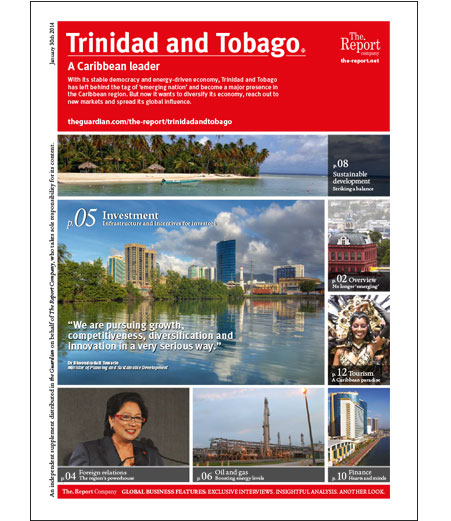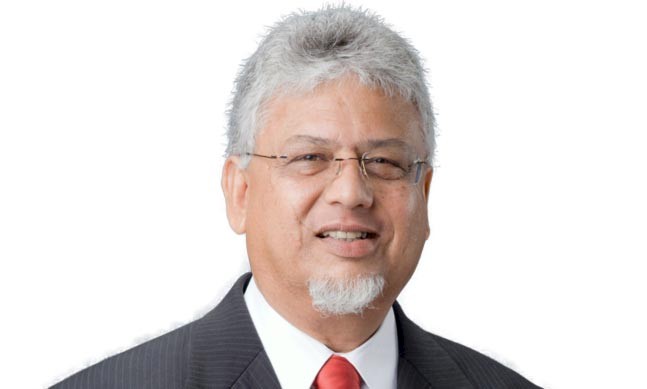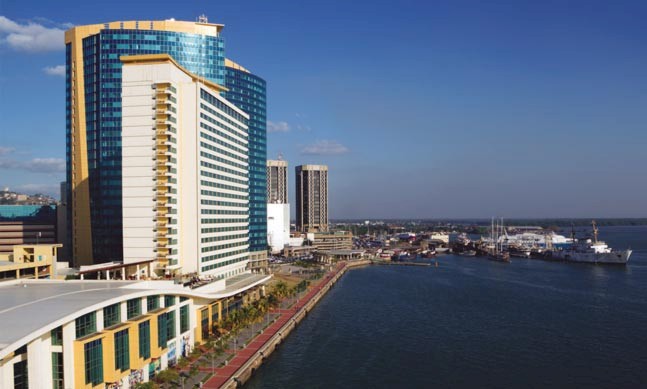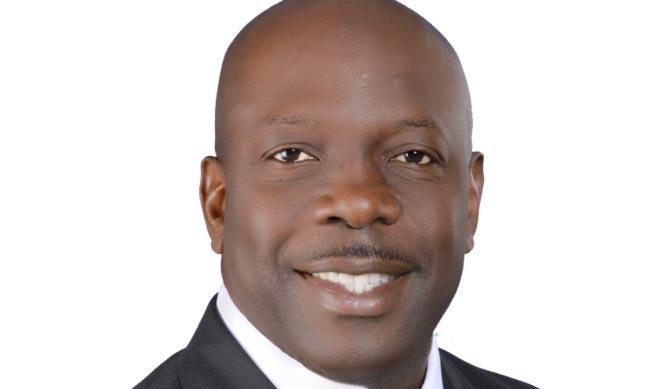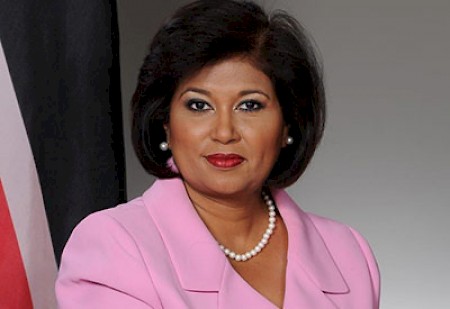
Carolyn Seepersad-Bachan was first elected to the House of Representatives on May 24, 2010, and was appointed minister of energy in the same month – the first female to hold the post in the country. Now in her new role as minister of public administration, she took the time to share with The Report Company her “Gold to Diamond” plan, which represents the journey towards the renewal and modernisation of the country’s public service.
The Report Company: Can you give us some background about the Gold to Diamond plan?
Carolyn Seepersad-Bachan: Last year we celebrated our 50th anniversary of independence – our gold anniversary. We honoured 50 public servants who have made their contribution over the last 50 years and we took the opportunity to unveil the new structure and new architecture, of the modernised 21st century citizen-centric public service offering in Trinidad and Tobago.
The British colonial system which we inherited was a triangle-shaped hierarchy. It served its purpose then but it’s really not serving its purpose today so therefore what we have launched is a new architecture for the public service which will be a diamond structure. In 2022 when we celebrate our diamond anniversary of independence we will have implemented this, so we call it our gold to diamond journey.
We’re becoming very customer- and client-focussed in our public service and as a consequence of that we have all these new fields that have opened up. We have the information workers, the ICT streams, new fields in HR development, and because we are changing the way we do business we are moving into performance-informed budgeting which is results-based. We are building a public service that can deliver services in the shortest possible time at the lowest cost, and to do that we have to widen the middle management layer.
We have launched a number of new projects; there’s new legislation, new positions and a new structure of compensation. We have to have new performance management systems and accountability all the way up.
Trinidad and Tobago has been suffering on the global competitiveness index and in terms of ease of doing business, so this is one way of cutting the red tape. The public service is responsible for improving the ease of doing business.
For our diamond standard we have taken the criteria out of those indices and we have aligned them into our certification process that we are using to certify every public service. The idea is to encourage innovation and creativity. If we can push the public service in the direction we will be able to push the private sector as well. Private sector individuals will not invest until the public sector has changed its ways.
The diamond standard is a mechanism to empower and incentivise our staff and build leadership capacity. It’s a whole cultural and mind-set change that we are looking at. It’s a paradigm shift. Fifty years ago, everything was by the book; today we want to focus on results and not procedure.
Another key point is that we are creating a one-stop shop for government services that you can access anywhere, at any government building.
TRC: What is your vision for public services to play a role in improving Trinidad and Tobago’s ease of doing business?
CSB: We are cutting down the cost of doing business in Trinidad and Tobago. To acquire a work permit, you can do it online or you can do it from any government office. To pay your taxes as an investor you no longer have to come to a tax office to pay; you can do it online or at any office.
“The diamond standard is a mechanism to empower and incentivise our staff and build leadership capacity. It’s a whole cultural and mind-set change that we are looking at. It’s a paradigm shift. Fifty years ago, everything was by the book; today we want to focus on results and not procedure.”Tweet This
TRC: What do you see as the role of your ministry within CARICOM and within the Commonwealth?
CSB: Trinidad and Tobago sees itself as part of the wider CARICOM area and the Caribbean and it is important for us to be part of that. One of the things that we are looking at is more Caribbean-based projects as we go forward to improve the economic feasibility of our projects.
With regard to the Commonwealth, we have developed a very good relationship through the Commonwealth ICT programme and public administration ministers’ forum and we have been able to learn a lot from that. We have gone to a number of parliamentary association conferences and we have been sharing best practices across parliamentarians.
TRC: How would you characterise your relationship with the UK?
CSB: In the past we were always one step behind but I think today we’re moving together hand in hand. We are learning from each other. We became a big case study to the UK when we had our 1818 situation. We are now on the same level and sharing our experiences.
TRC: Having been the first female energy minister, how would you appraise gender equality in Trinidad and Tobago?
CSB: Having been in the energy sector for a time I learned so much as to how the sector was so male-dominated. It was always a boys club with backroom-type dealings. As a woman coming into the sector I thought we had to change this and bring the woman’s perspective into it. My view was to stop this culture and bring the deal-making back into the open. One of the first things I did when I came into the ministry was to open up the opportunities for investment in petrochemical plants for the use of our gas in a transparent and open manner. We opened a competitive bid processes for all of these things and we developed an evaluation framework. I’m not the type to go and have an after-work drink; I meet everybody in the office and this is how we discuss it and everything is on the table. There is no longer a boys’ club that gets these things done.
I do feel however that as women we have to be very careful when we do take up some of these senior positions because sometimes we want to emulate the role of the man and it’s not what we are here for.
TRC: What is your objective for the rest of your term in office?
CSB: My legacy will be that we would be able to have started this whole process. I really hope that the young people of our nation see public service as a future for them and not just as a stepping stone to the private sector. I hope that it can become a place of innovation.
In Trinidad and Tobago we talk about that rich resource of oil and gas but the best and most important resource is our human resource. The very reason that we can go all over the world and be good lawyers, doctors and engineers and participate in the oil and gas industry is because of our diversity which allows us to innovate and be creative. We need to put it to work for us. I want to be remembered for having created that space and opportunity where many of our young professionals feel that this is a place they can come and be innovative and creative. I hope I will be remembered for bringing every public service to you anywhere that you go. That is my vision.


